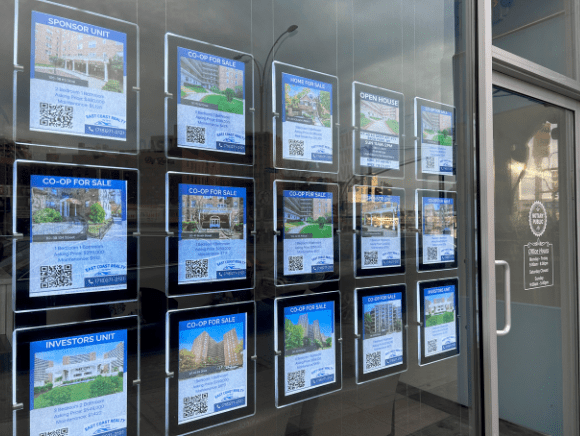Reading the textbook on Bidenomics typically elicits the same response: Huh? The policies put forward by President Joe Biden and his administration for the past few years have led many to scratch their heads or apply the palms of their hands to their foreheads. Unfortunately, the American people suffer the consequences of poor public policymaking, be it in the form of rampant price inflation or slowing economic conditions. Now it appears that responsible homebuyers are going to be penalized by a new Biden rule.
Homebuyers With Good Credit Beware
As part of the Federal Housing Finance Agency’s housing affordability initiative, a new White House rule is poised to go into effect on May 1 that will require homebuyers with good credit and a decent down payment to pay more for their mortgages so they can subsidize loans for high-risk borrowers with a lower credit rating, according to a highly cited report from the Washington Times. Put simply, potential borrowers with lower credit ratings and less of a down payment will qualify for better mortgage rates than they previously would have. It is estimated that responsible borrowers will pay approximately $40 more per month on a $400,000 mortgage.
At a time when studies have found that entry-level or first-time buyers are struggling with fierce competition for limited inventories and faster-rising prices, it is another cost that could hurt families trying to achieve the dream of homeownership. This is “madness” and “bizarro world,” says Mitch Roschelle, the managing director of Madison Ventures+.
“If you have a high credit score, and 680 is a good credit score, you have to pay more. And we’re talking about real money. This could be $100 a month more, depending on the size of your loan. So, it makes no sense,” Roschelle told the Fox Business Network. “And by the way, this isn’t about first-time homebuyers. There’s nothing in this rule that says it applies to first-time homebuyers. It applies to anybody borrowing money that’s insured by FHA [Federal Housing Administration]. It’s madness.”
Recent data put a damper on expectations that the US real estate market is rebounding. Existing home sales tumbled 2.4% in March, mortgage applications tanked 8.8% for the week ending April 14, and the 30-year mortgage rate rose to 6.43%.
 Understanding Falling Bank Deposits
Understanding Falling Bank Deposits
One of the more compelling trends forming in the US banking system of late has been the decline in commercial bank deposits. But what is more fascinating is that this was happening even before the Silicon Valley Bank and Signature Bank failures. According to the Federal Reserve’s H.8 data, deposits have been in a steady decline since hitting an April 2022 peak of $18.158 trillion. Since then, the total has plunged by nearly $1 trillion, falling to about $17.179 trillion for the week ending April 12.
The banking turmoil could explain the sharp drop since March, but what about the downward trajectory in the previous year? Many economists and market experts are stumped. But the answer might rest in a 1999 paper by the Minneapolis Fed Bank that noted there is no one single factor that could explain lower deposits, adding that it could range from demographic adjustments to cost of alternative investments to individual preferences.
That said, if this persists, it would be unwelcome news for multiple parties, including the financial institution, the borrower, and the depositor. Ultimately, should US bank deposits continue to decrease, it could result in higher costs for lending and lower returns on loans. Everyone is parroting President Joe Biden’s line that the banking system is sound and resilient, but the numbers might force more people to be skeptical.
Bangladesh Ditches Dollars for Yuan
Whether by accident or on purpose, Bangladesh appears to have hopped on the de-dollarization bandwagon. Bloomberg reported that the country recently repaid a partial nuclear plant loan from Russia in Chinese yuan, with officials saying the $318 million payment had to be completed in the currency because US-led sanctions made it impossible to settle the deal in dollars. Reportedly, Moscow advocated for the loan to be repaid in rubles. But the Eastern European country had to agree to complete the transaction in the yuan.
This was only a small amount as the total loan was $12 billion. Therefore, it should be interesting if Bangladesh continues to advance yuan-denominated payments, or if the country will eventually acquiesce to Russia’s request for ruble payments. Or, of course, Washington could make an exception and say that the impoverished country can move ahead with dollars.
Whatever the case may be, this is yet another win for the BRICS (Brazil, Russia, India, China, and South Africa) bloc. Sure, it is a drop in the bucket in the grander scheme of things, but it will represent an addition to this year’s acceleration in the anti-dollar crusade. The obvious question is: Who’s next?




